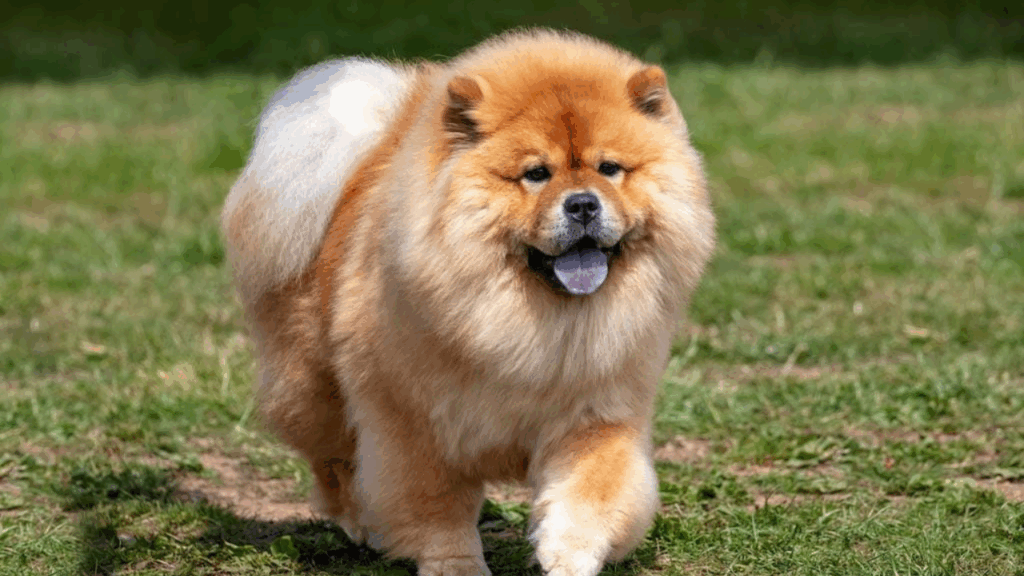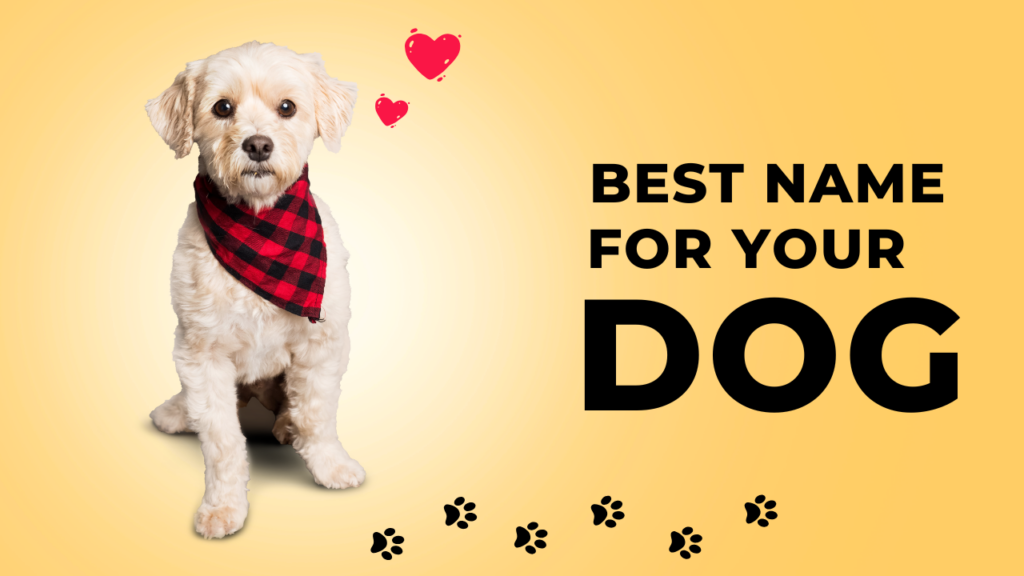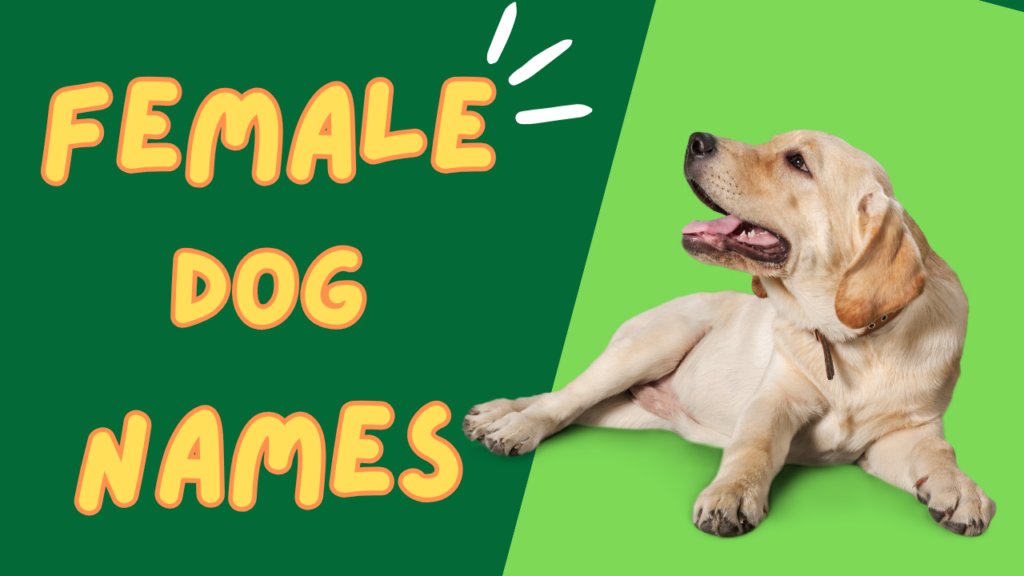The Chow Chow is one of the most recognizable and ancient dog breeds in the world. With its lion-like mane, deep-set eyes, and regal stance, the Chow Chow commands attention wherever it goes. But behind its dignified appearance lies a complex personality—loyal, aloof, and deeply devoted to those it trusts.
This breed isn’t for everyone, but for the right person or family, the Chow Chow is a loyal and unique companion that offers centuries of history, beauty, and quiet strength.
Origins and History
The Chow Chow has a rich history that dates back over 2,000 years. Believed to have originated in northern China or Mongolia, the breed was used for hunting, guarding, pulling carts, and even herding livestock. In ancient China, it was known as the “Songshi Quan,” meaning “puffy lion dog.”
The Chow Chow was highly esteemed by Chinese nobility and even appeared in the art of the Tang Dynasty. Some emperors reportedly kept hundreds of them in their royal kennels. Over time, their roles shifted from working dogs to loyal companions and palace guards.
The breed made its way to the West in the late 18th century and gained popularity in England during the Victorian era. Queen Victoria herself had an interest in Chows, and the breed became associated with nobility and luxury.
Physical Appearance
The Chow Chow’s appearance is unlike any other breed. Its most distinctive features are its dense double coat, mane-like ruff, and blue-black tongue—a trait it shares with only a few other breeds.
Key physical characteristics:
- Size: Medium, 17–20 inches tall
- Weight: 45–70 pounds
- Coat: Rough (long and fluffy) or smooth (short and dense)
- Color: Red, black, blue, cinnamon, or cream
- Tail: Curled over the back
- Eyes: Deep-set and almond-shaped, giving a scowling expression
Their strong build, square profile, and proud posture give them an air of nobility and strength.
Personality and Temperament
The Chow Chow is known for being dignified, independent, and reserved. Unlike many overly affectionate breeds, the Chow is not a “velcro dog.” Instead, it shows loyalty and affection in quiet, meaningful ways.
Common temperament traits:
- Aloof: Often reserved with strangers, and may not seek out attention
- Loyal: Extremely devoted to its family, forming strong bonds with its people
- Protective: Naturally suspicious of strangers, making it a great watchdog
- Independent: Likes to make its own decisions and may be stubborn
Though not typically playful or goofy, Chows are intelligent and observant. They do best in calm households with experienced dog owners who respect their space and character.
Training and Socialization
Training a Chow Chow can be a challenge due to its independent streak. It’s not that they aren’t smart—they just don’t like being told what to do. Early and consistent training is essential to teach boundaries and manners.
Tips for success:
- Use positive reinforcement—Chows respond better to praise and rewards than harsh corrections.
- Start socialization early to prevent them from becoming overly suspicious or shy.
- Be calm, firm, and patient—earning a Chow’s respect takes time.
With proper training, a Chow Chow can be a polite and well-mannered member of the family.
Exercise and Activity Needs
Despite their large size and strength, Chow Chows are not hyperactive. They are relatively low-energy and prefer short, purposeful walks over long, strenuous hikes.
- Daily walks and moderate play are usually enough.
- Avoid heavy exercise in hot weather—their thick coat can cause overheating.
- They enjoy spending time outside but should always be in secure, fenced areas due to their territorial instincts.
Grooming and Maintenance
Chow Chows require regular grooming, especially the rough-coated variety. Their thick fur can easily become matted and dirty if not properly cared for.
Grooming needs:
- Brush at least 2–3 times a week (daily during shedding season)
- Bathe monthly or as needed
- Clean ears and trim nails regularly
- Pay attention to skin folds and check for hot spots
Their thick coat also means they do better in cooler climates and should be kept indoors during extreme heat.
Health and Lifespan
The Chow Chow is generally a healthy breed, but like all dogs, it is prone to certain conditions. Responsible breeding and regular vet visits are crucial to ensuring a long and healthy life.
Common health concerns include:
- Hip and elbow dysplasia
- Entropion (a condition where the eyelid rolls inward)
- Thyroid issues
- Skin allergies
The typical lifespan of a Chow Chow is 9 to 15 years, depending on genetics, care, and lifestyle.
Is the Chow Chow Right for You?
The Chow Chow is not a breed for first-time dog owners. It needs someone who understands its stoic temperament, values its independence, and is willing to put in the time for grooming and training.
It’s best suited for:
- Experienced dog owners
- Calm households
- People who appreciate a dog with a strong personality
Final Thoughts
The Chow Chow is more than just a pretty face—it’s a dog with deep roots, strong instincts, and a quiet but powerful presence. While it may not be the most affectionate or playful breed, it offers a unique companionship that’s dignified, loyal, and noble. For those who understand and respect its nature, the Chow Chow can be a deeply rewarding companion unlike any other.



